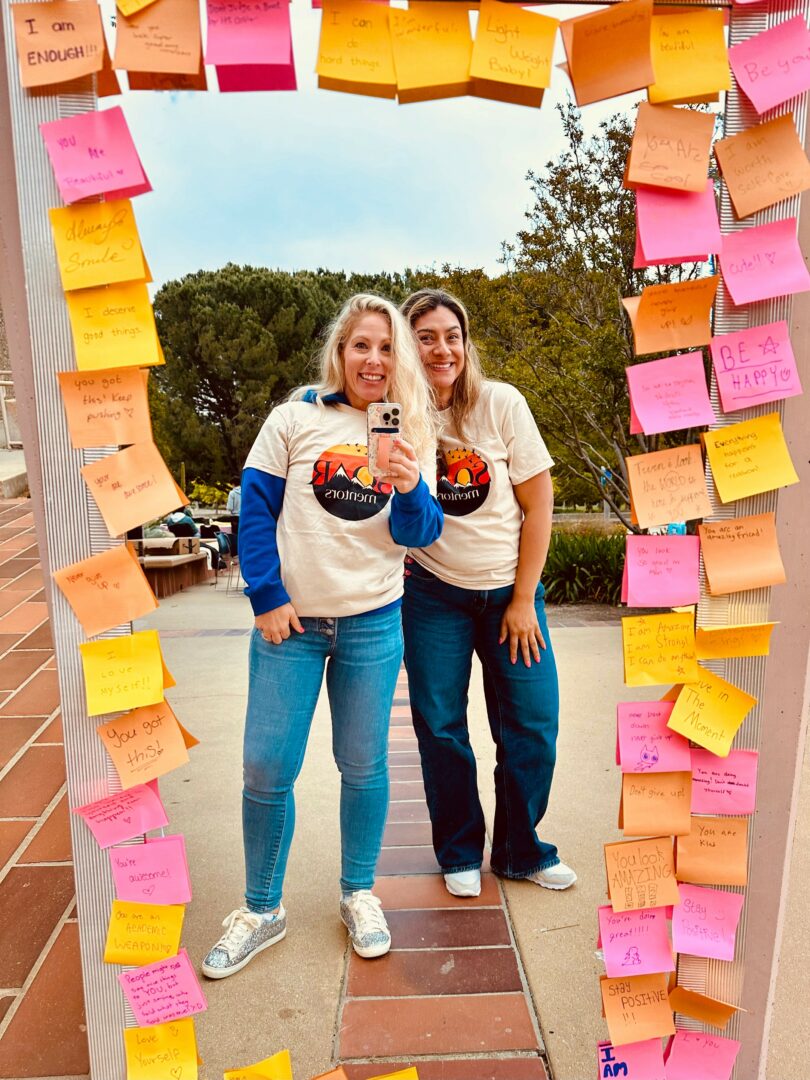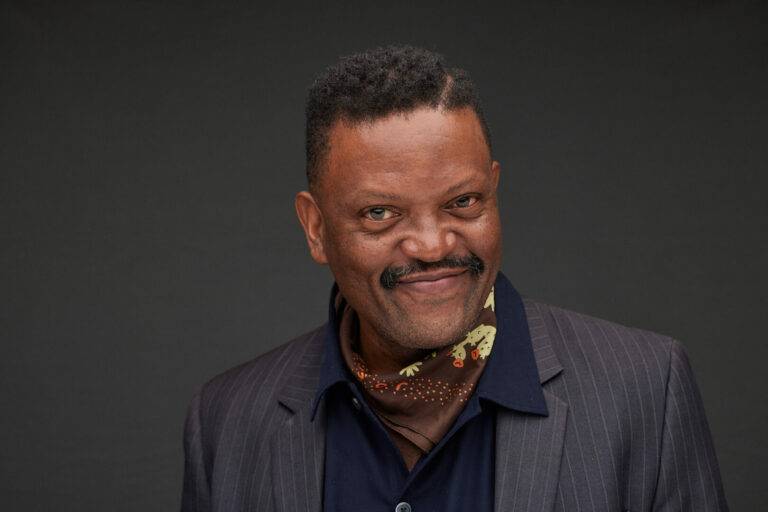We’re excited to introduce you to the always interesting and insightful Stasie Page Nancy Rodas. We hope you’ll enjoy our conversation with Stasie Page below.
Hi Stasie Page, thank you so much for opening up with us about some important, but sometimes personal topics. One that really matters to us is overcoming Imposter Syndrome because we’ve seen how so many people are held back in life because of this and so we’d really appreciate hearing about how you overcame Imposter Syndrome.
Stasie Page: Honestly, imposter syndrome has been a constant companion throughout my journey, especially as we launched SOAR Mentors. Starting something so personal and meaningful makes you question if you’re really the right person to take it on. I’d catch myself wondering, “What if I’m not enough?” But every time I worked with a student, every time I saw a spark of understanding or growth, it was a reminder that this isn’t about being perfect—it’s about showing up and making a difference. What really helped was grounding myself in my experience and remembering that I’ve spent over 25 years helping young people navigate their challenges. I realized those years weren’t just preparation—they were proof that I could do this.
Nancy Rodas: For me, it came down to shifting my mindset. Imposter syndrome makes you focus on what you think you lack, but I started focusing on the kids and families we’re here to help. I’ve worked with young people in some of the toughest situations imaginable, and those experiences taught me that being genuine, present, and willing to grow alongside them is more valuable than feeling “qualified enough.” When you’re driven by the mission—making real change for struggling youth and parents—the doubts quiet down because you know the work matters.
Together: The biggest lesson we’ve learned is that imposter syndrome loses its power when you stop making it about yourself. SOAR Mentors isn’t about us—it’s about being there for families who need support. Watching kids build confidence, overcome obstacles, and really start to thrive reminds us why we’re here. And honestly, leaning on each other as partners has been a huge part of this journey. We balance each other out and remind each other of the passion and purpose behind what we do. Overcoming imposter syndrome wasn’t about becoming fearless—it was about believing in the value of what we’re creating and staying focused on the lives we’re helping.
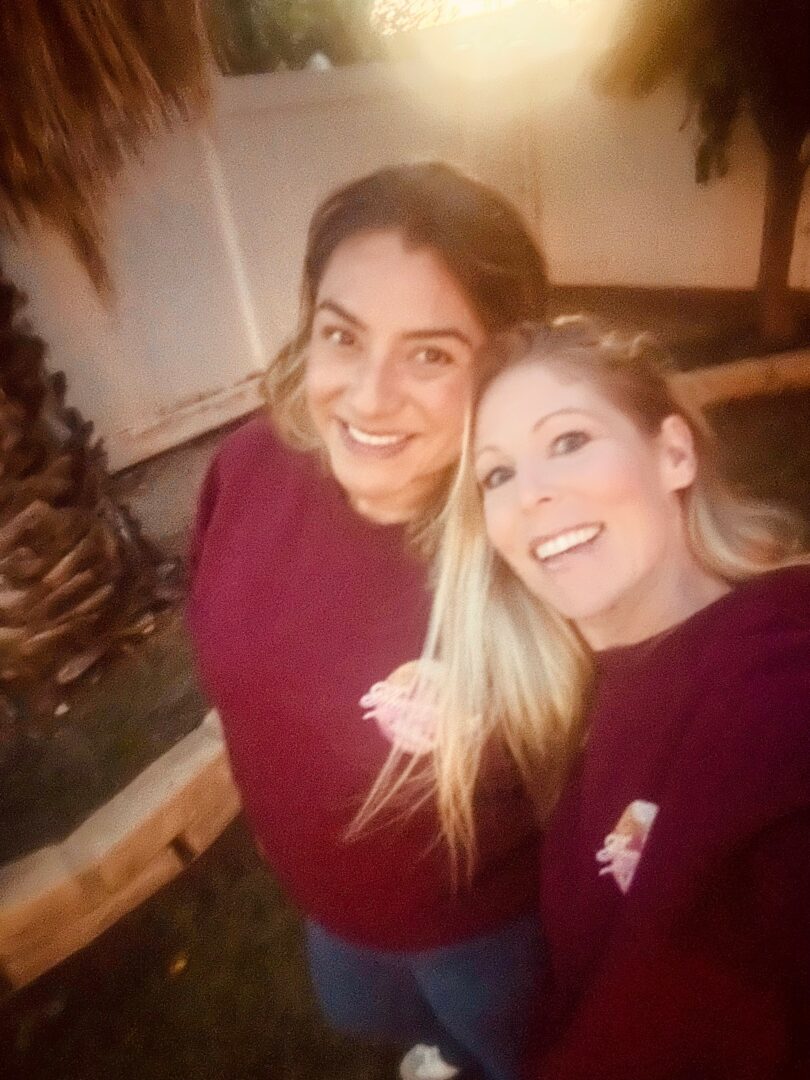
Appreciate the insights and wisdom. Before we dig deeper and ask you about the skills that matter and more, maybe you can tell our readers about yourself?
Stasie Page: At SOAR Mentors, our mission is clear: we’re here to empower young individuals and their families, guiding them to achieve their goals and live their best lives. What makes us unique is that we approach mentorship with a vision—not just for the immediate needs of our clients but for their long-term growth. We don’t want to keep our clients forever. Our short-term goal is to help them achieve their goals, see them SOAR, and move forward with confidence. When they spread the word about their success, they inspire others to take that first step, too.
Nancy Rodas: As we continue to grow, we’re focused on building a diverse team of mentors from all walks of life. Representation matters, and it’s vital that our future clients can find someone who truly understands their unique experiences. Whether they relate to someone who’s black, white, young, old, gay, straight, religious, non-religious, or from a blended family—every potential client should feel seen and understood. From gamers and artists to athletes and scholars, we want our team to reflect the incredible diversity of the people we serve.
Stasie: And we’re dreaming big. Our long-term vision includes SOAR Mentor facilities in communities everywhere—safe, accessible spaces where kids can come for sessions and also connect face-to-face with others. We want these spaces to inspire joy, creativity, and healing. Imagine a place with an exercise room, a track to run on, a treehouse to climb, swings to feel free, therapy pets for comfort, a movie theater for laughter, a game room to unwind, arts and crafts stations for self-expression, and music rooms to jam out or relax. It’s about creating a holistic environment where kids can do what they love while building confidence and learning skills for life.
Nancy: What excites us most is the ripple effect we’re already seeing. Families feel supported, kids start to thrive, and word spreads. Every success story fuels our drive to expand and reach more people. Whether we’re helping a teen overcome self-doubt, manage time effectively, or build healthier habits, we know we’re making an impact. And with every step forward—whether it’s welcoming new mentors, launching new programs, or opening those dream facilities—we’re committed to staying true to our mission: helping young people and families soar to new heights.
Stasie: SOAR Mentors is more than just mentorship—it’s about building a movement that empowers, uplifts, and connects. We’re here to walk beside every client until they’re ready to take flight on their own. That’s what makes this work so special. And as we continue to grow, we’re excited for the future and the chance to keep creating spaces where young people can feel safe, inspired, and truly thrive.
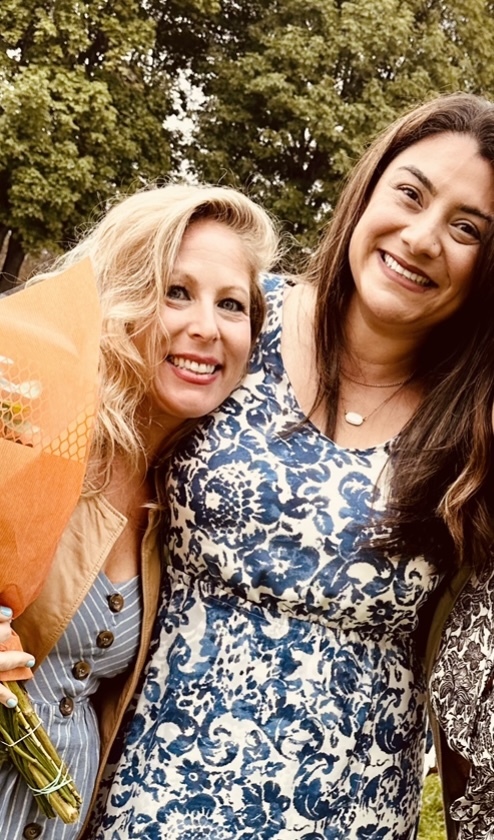
There is so much advice out there about all the different skills and qualities folks need to develop in order to succeed in today’s highly competitive environment and often it can feel overwhelming. So, if we had to break it down to just the three that matter most, which three skills or qualities would you focus on?
Stasie Page: Looking back, I’d say the first quality that was most impactful in our journey is empathy. As a teacher for over 25 years, I’ve learned that truly understanding and connecting with young people starts with listening to them without judgment. It’s not just about hearing their words; it’s about understanding their struggles, their goals, and their unique perspectives. For anyone just starting their journey, my advice is simple: practice active listening. Whether it’s with your students, clients, or loved ones, give them your full attention. That connection is the foundation for making a real difference.
Nancy Rodas: For me, the second most important skill has been resilience. Working with young people in traumatic settings for over two decades, I’ve seen how hard life can get—for them and for the people who support them. There were moments when the challenges felt overwhelming, but resilience kept me moving forward. For those starting out, I’d say: don’t be afraid to make mistakes. Learn from them, adjust, and keep going. Challenges will come, but it’s your ability to bounce back that defines your success.
Stasie: The third quality we both rely on is collaboration. SOAR Mentors wouldn’t exist without our ability to lean on each other’s strengths and experiences. Nancy’s background as a licensed therapist and my career as an educator complement each other perfectly, allowing us to build something truly unique. My advice here is to find a partner, mentor, or team who shares your passion but brings different skills to the table. Collaboration isn’t about doing it all yourself; it’s about building something greater together.
Nancy: I’d also add that it’s important to keep growing in your areas of knowledge. For us, understanding mental health, education, and the unique challenges kids face today—like technology addiction or social pressures—has been critical. If you’re just starting out, invest in learning. Take courses, read, and stay curious about the world you’re trying to impact.
Together: Ultimately, the most impactful qualities in our journey—empathy, resilience, and collaboration—are things anyone can develop. It takes time and effort, but the payoff is worth it. Our advice is to stay focused on your mission, embrace the learning process, and never underestimate the power of building strong, genuine connections. That’s what helped us create SOAR Mentors, and it’s what will help you succeed in your journey, too.
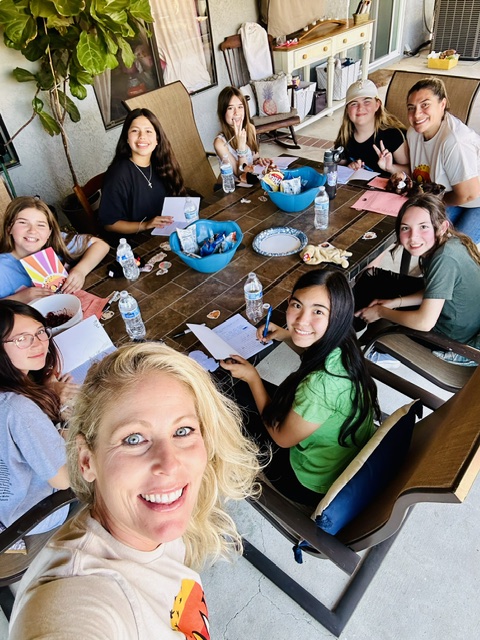
All the wisdom you’ve shared today is sincerely appreciated. Before we go, can you tell us about the main challenge you are currently facing?
Stasie Page: Our number one challenge is getting the word out and helping as many families and young individuals as possible. SOAR Mentors is something new—something that hasn’t been done before—and while that’s exciting, it also naturally brings skepticism. In a world where scams and empty promises are everywhere, it’s hard to stand out as a genuine, trustworthy resource. Therapists and tutors have clear, established roles. But when you’re creating a program that bridges the gap between a life coach and a therapist, offering something truly unique, it can be hard for people to believe it’s real. We understand that hesitation, but it makes our mission even more urgent.
Nancy Rodas: Adding to this challenge is the moral dilemma we face when it comes to marketing SOAR Mentors. We believe social media is one of the most toxic influences on young people today. The constant comparison, the unrealistic standards, the endless scrolling—it’s a huge contributor to the very mental health issues we’re working to address. Yet, we also recognize that this is where kids, and the families who care about them, spend much of their time. It’s ironic, and honestly frustrating, that the very platforms we believe young people should use less are the ones we have to use to reach them.
Stasie: This has been a real internal conflict for us. How do we market SOAR Mentors effectively without feeling like we’re contributing to the problem? It’s a fine line. On one hand, we know social media is where we can find the people who need us most. On the other, we don’t want to encourage more time spent on these platforms. What we’ve decided is to focus on using these tools intentionally and responsibly. Our content is designed to uplift, educate, and inspire—not to overwhelm or create pressure. We’re not chasing likes or followers; we’re chasing impact.
Nancy: To overcome this, we’re relying on transparency and community. We share our story and our mission openly, and we encourage word of mouth from the families we’ve already helped. We want people to know we’re not here to exploit social media—we’re here to cut through the noise and reach those who need us. Offering free consultations has also been a great way to show people who we are without them feeling pressured.
Stasie: The irony of this situation isn’t lost on us. We’re working within a system we know isn’t healthy to promote a program that’s all about finding balance and healthier alternatives. But that’s the reality we’re navigating, and we’re doing it with as much intention and integrity as possible. We know that once families take that first step, the skepticism will fade, and they’ll see that SOAR Mentors is exactly what we promise it to be: a genuine, heartfelt effort to help young people and families thrive.
Nancy: To anyone who shares this moral dilemma or feels hesitant about trying something new, we ask you to take a chance on us. Let us prove that we are here for the right reasons. SOAR Mentors isn’t just an idea—it’s a movement, and it’s already changing lives. We’re here to help families and young people break free from the toxic cycles we see every day and guide them toward real growth, real connection, and real hope. Together, we can overcome these challenges and make a lasting impact.
Contact Info:
- Website: https://www.soarmentors.com
- Instagram: @SOARmentors
- Facebook: SOAR Mentors
- Linkedin: Stasie Page Benghiat Founder at SOAR Mentors, LLC
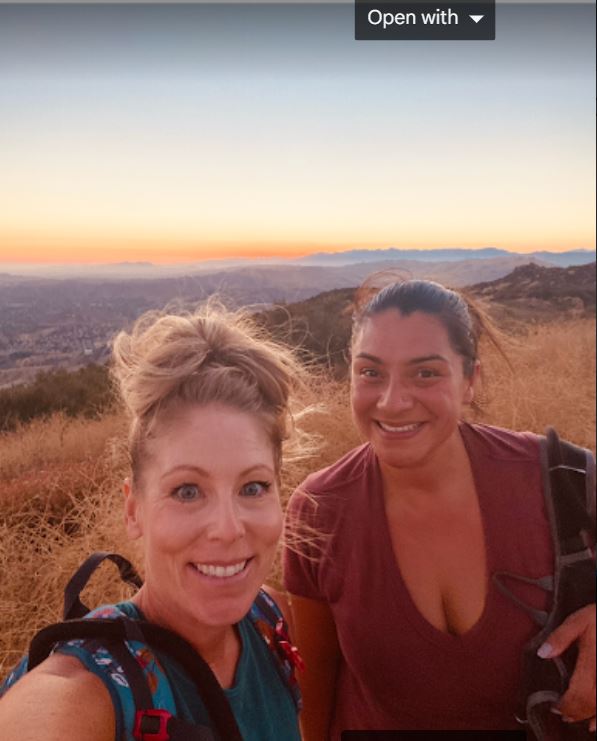
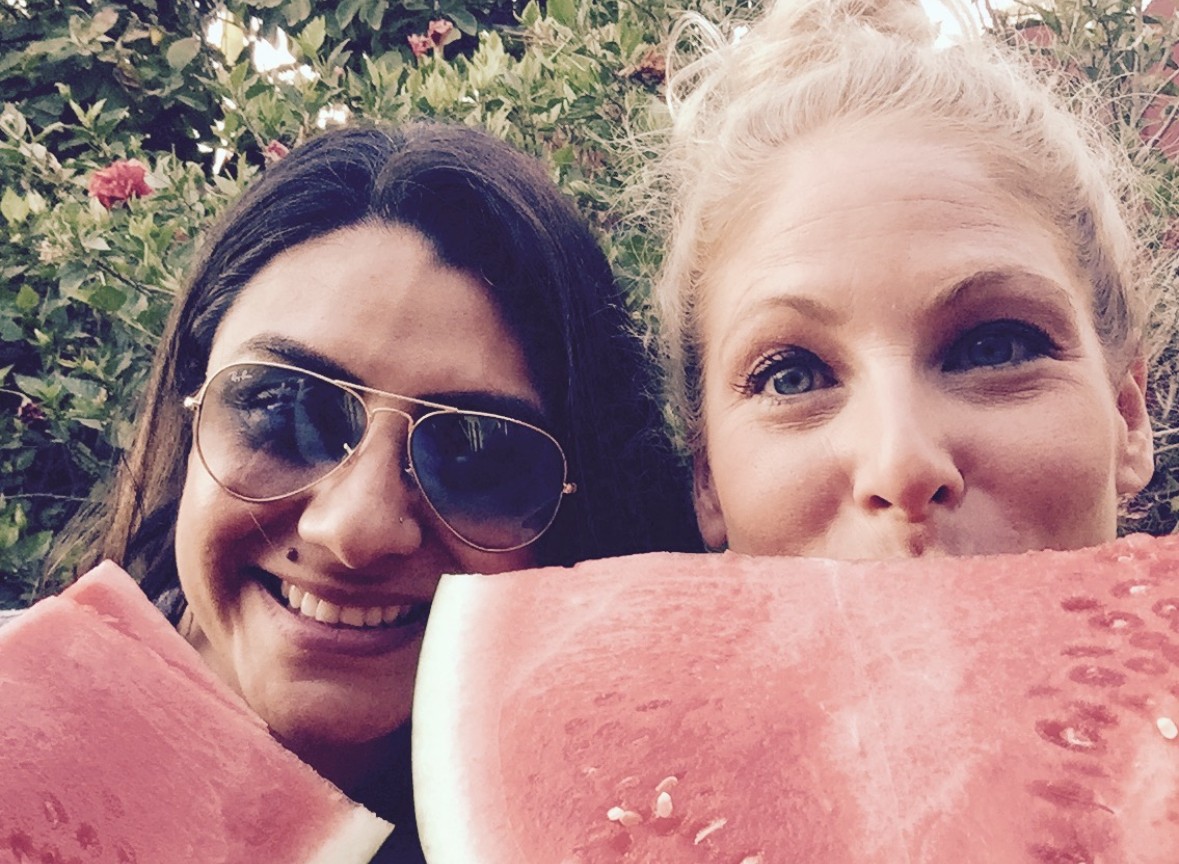
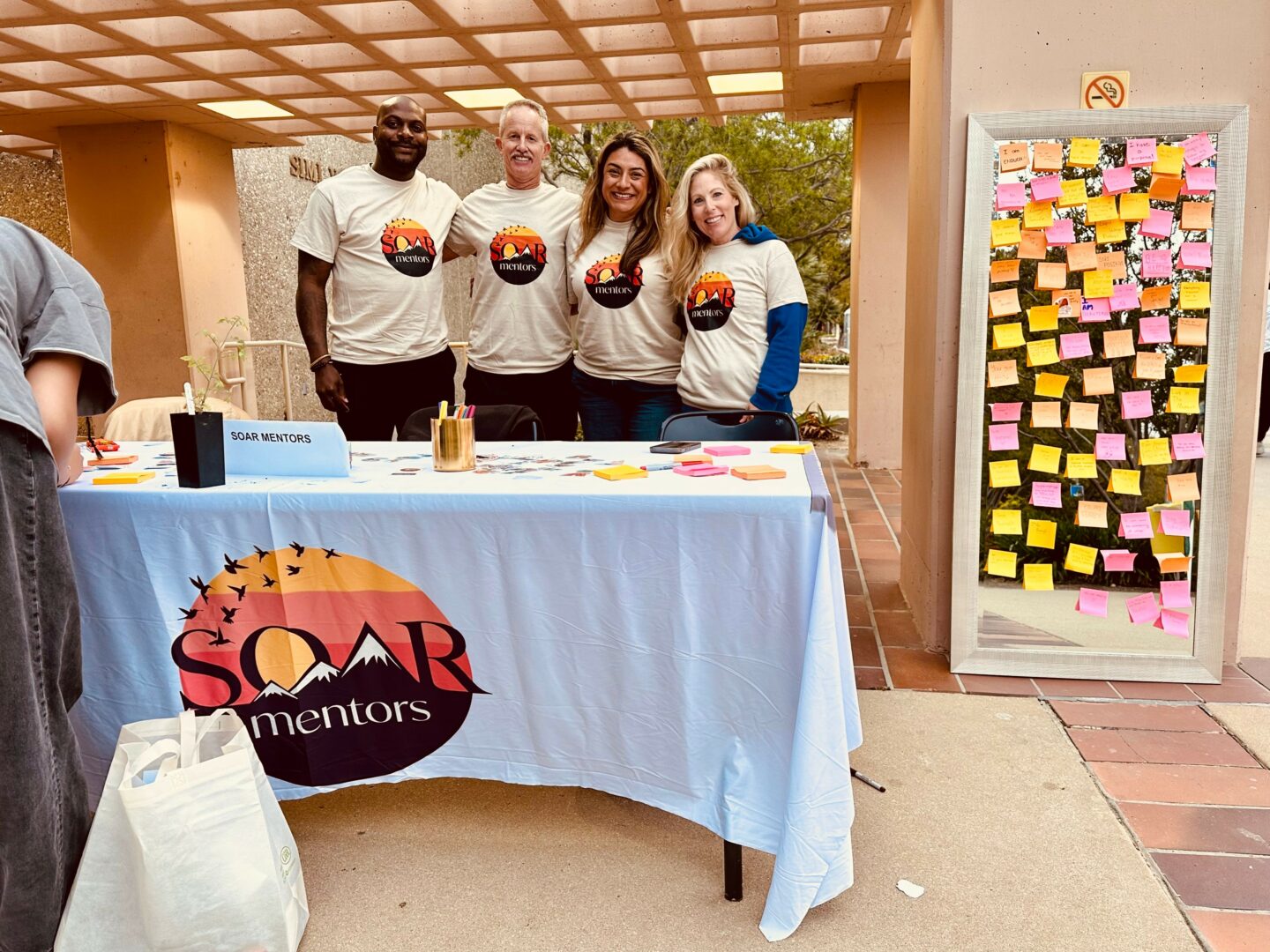

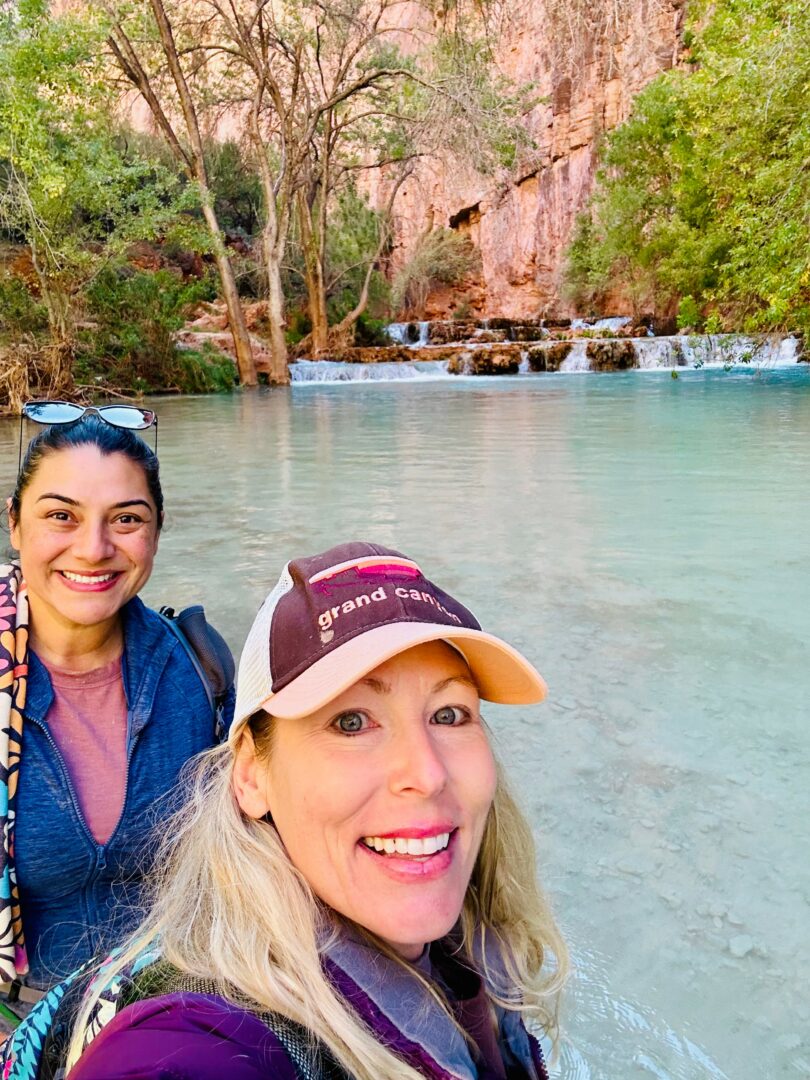
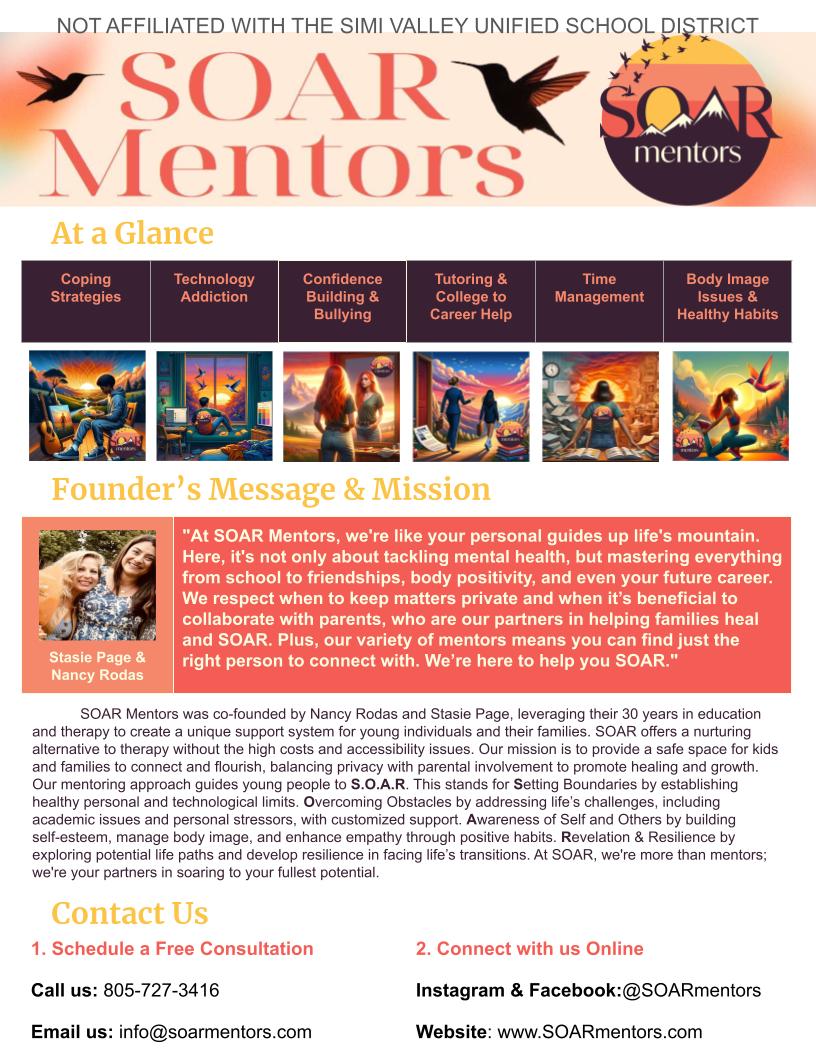
so if you or someone you know deserves recognition please let us know here.

